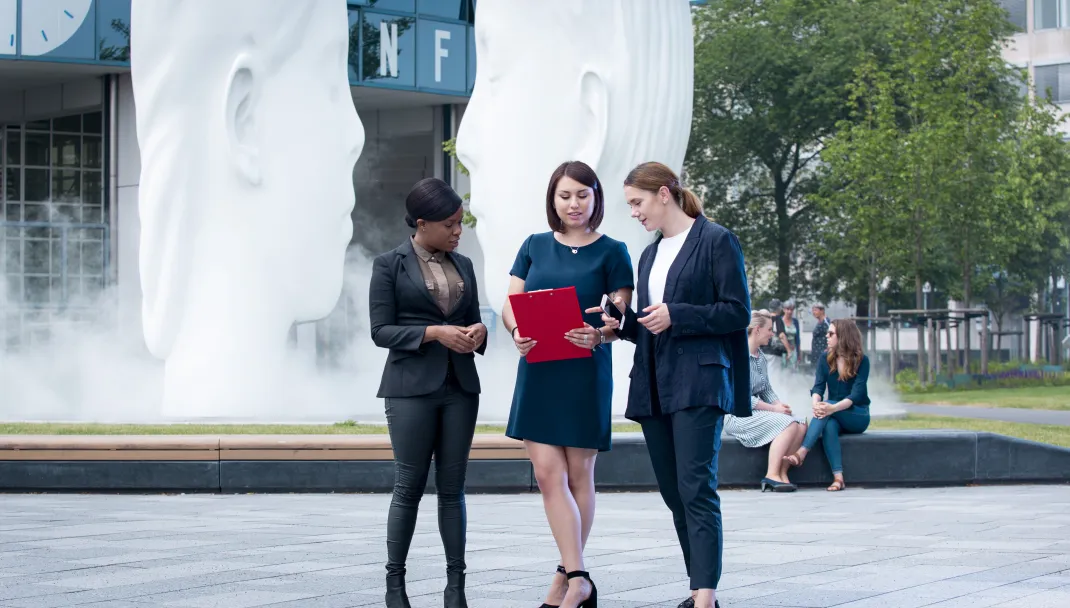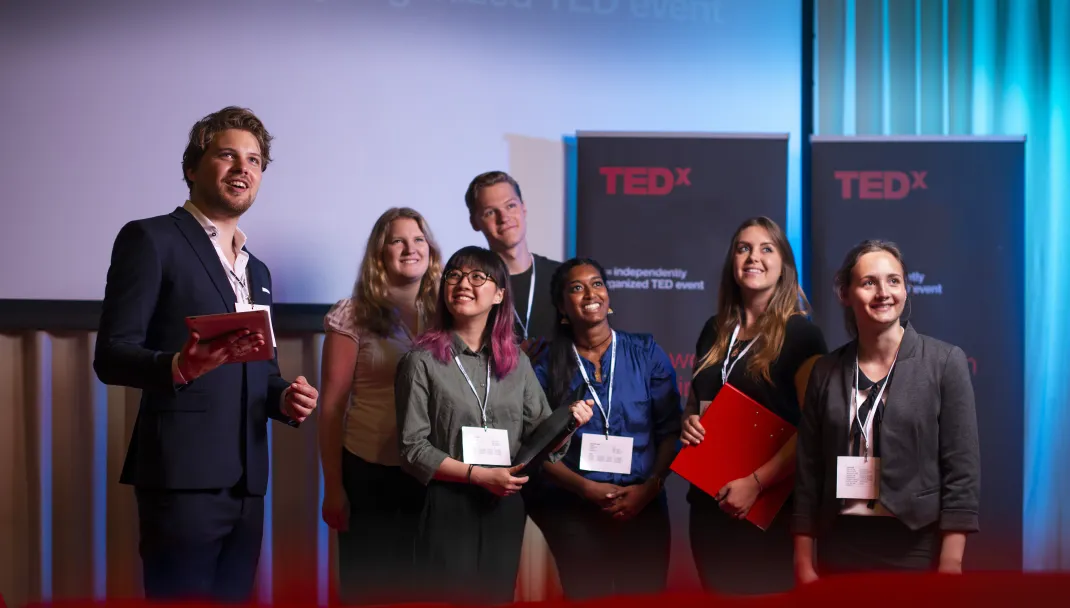
What's in store for you
A master’s degree in International Hospitality and Service Management prepares you for a successful career in the service or hospitality industry. The hospitality industry is undergoing constant change, not least driven by shifting customer demands. These changes add to the complexity of the role of hospitality manager, and as a highly skilled graduate of this course, you will be in high demand at a variety of companies all over the world.
Combining work and study
- About every other week on Friday, you will come to Leeuwarden for a day of lectures.
- In addition to the lectures, you will study on your own accord. This takes about 15 hours each week.










